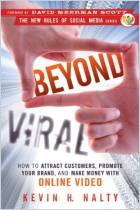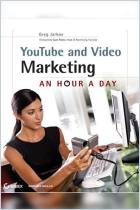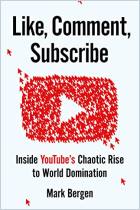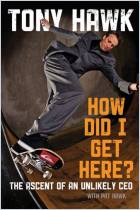
Book
YouTubers
How YouTube Shook Up TV and Created a New Generation of Stars
Recommendation
YouTube inspires people to create their own content and some of its creators attract a large following. Author Chris Stokel-Walker introduces readers to today’s YouTube celebrities, the colorful personalities who keep viewers watching. You may not know their names, but your kids do. YouTube, owned by Google, has become a global entertainment source, but it has faced pitfalls along with way, as people have displayed shootings, suicides, scandals and disinformation. Has lax policing hurt its brand? If you’re intrigued by the power of social platforms and the future of entertainment, tune in here.
Summary
About the Author
Chris Stokel-Walker is a British journalist and expert in digital culture.
Learners who read this summary also read
Book
Report
Book
Book



















Comment on this summary